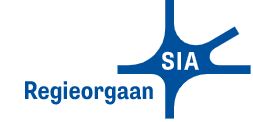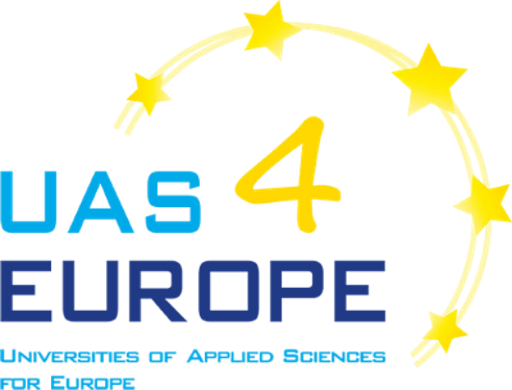
An example of a funding programme for applied research projects can be found in the Netherlands. The Taskforce for Applied Research SIA (or Regieorgaan SIA) strives to improve the quality and increase the impact of applied sciences in the Netherlands. In its larges funding programme called “RAAK”, UAS play the role of R&D departments for SMEs and public organisations that lack own capacities.
SIA funds the research itself, as well as the creation of networks and platforms. Applied research helps solve societal and economic issues. Against this backdrop, the taskforce’s goal is to interconnect universities of applied sciences more strongly. They do this by bringing prople, organisations and policymakers together. As a network organisation, they operate at regional, national and European level.
Why is RAAK a good practice?
The RAAK programme consists of three schemes:
- RAAK PRO funding: large, applied research projects with a duration of 4 years, open for consortia consisting of UAS, public organisations and SMEs,
- RAAK Publiek funding: applied research projects with a duration of 2 years by consortia consisting of UAS and public organisations, and
- RAAK MKB funding: applied research projects with a duration of 2 years by consortia consisting of UAS and at least 6 SMEs.
All RAAK projects are based on questions arising from problems or issues in a professional practice. The research output can lead to a prototype, a new method or other tangible results, but also contributes to the quality of professional higher education. Each year, the RAAK award honours the best project with 10.000 EUR. With the Delta Prize, SIA honours two UAS professors to highlight the (societal) impact of practice-based research.
Regieorgaan SIA stimulates the internationalisation of applied research. This improves the quality of the research and helps it have a greater impact. It also facilitates the sharing of knowlege, offers new opportunitites for talent development and can lead to the funding of applied research internationally. Issues arising from the field that call for collaboration with international entities are usually the trigger for the internationalisation of research. Equally, an international issue may call for a regional or national contribution from the Netherlands. There are already several good examples of successful international collaborations in applied research. UAS in the Netherlands, and particularly those along the borders, work closely with German and Belgian partners.
In the coming period, Regieorgaan SIA will focus on connecting relevant stakeholders to make international applied research possible. Furthermore, they will encourage the internationalisation of research via their existing funding programmes, and by becoming a partner in European programmes, for example via the European Partnerships.
